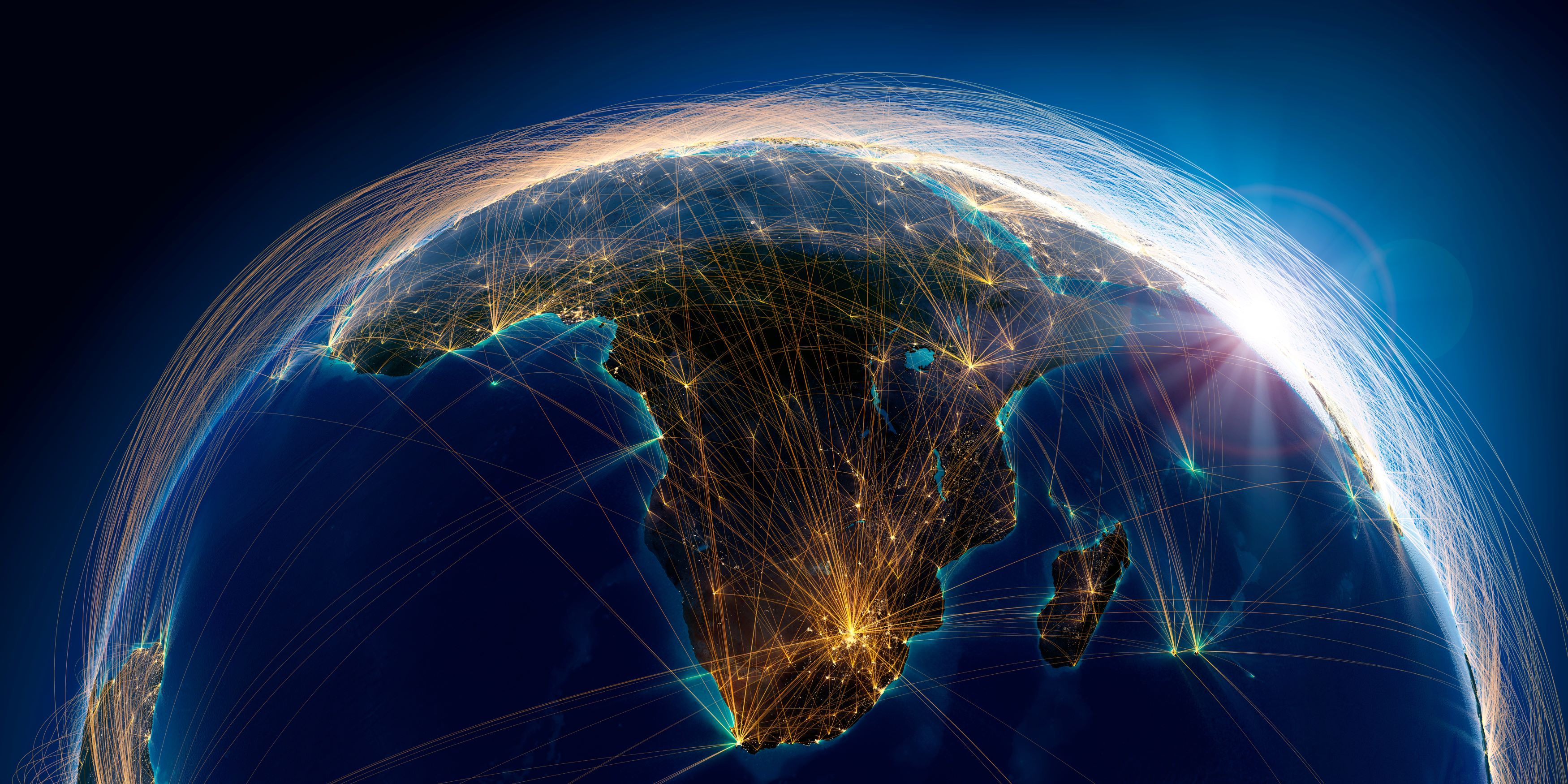
The IOE&IT Daily Update rounds up the latest news from the African continent, with promising digital opportunities amid a dip in intra-Africa trade.
Africa rising
Eleven of the 20 fastest-growing economies in the world in 2024 will be in Africa, according to a new report from the African Development Bank (ADB). The latest edition of Africa’s Macroeconomic Performance and Outlook, a report published by ADB twice a year, also predicts that African GDP growth this year and in 2025 will surpass the global average. It expects Africa’s GDP to expand by 3.8% in 2024 and 4.2% in 2025, compared to a predicted global growth of 2.9% and 3.2% respectively.
Elsewhere, the ADB’s board of directors approved a $150m Trade Finance Unfunded Risk Participation Agreement facility with the Trade and Development Bank (TDB), while in Nigeria it committed $80m to a project in the Ekiti region of Nigeria to promote digital innovation through the Ekiti Knowledge Zone Project.
Somalia
Earlier this week (4 March) Somalia become a full member of the East African Community (EAC), becoming the 8th country to join the bloc. Speaking at the depositing ceremony, held in Arusha Region, the bloc’s secretary general, Dr Peter Mathuki, commended Somalia.
“We want to congratulate the Federal Republic of Somalia for depositing the instrument of ratification with the secretary general, as required in the treaty. This is the last step to say officially you are a full member of East African Community.”.
The role of intracontinental trade
The United Nations’s Economic Commission for Africa (ECA) has published a new report that shows regional integration is progressing more slowly than many had hoped, with African countries trading more outside the continent than among themselves.
Despite the establishment of the African Continental Free Trade Area (AFCTA) in January 2021, the hoped-for change in intra-African trade has yet to occur. In fact, intra-African trade as a share of global trade declined from 14.5% in 2021 to 13.7% in 2022. Over this period both intra-African exports and imports declined.
One of the factors that continues to be a challenge for trade across the continent is the high cost of intra-East Africa cash transfers, according to reports in the East African, which suggests this cost is slowing the adoption of the Common Market.
The potential for digital trade
While significant progress has been made in recent years towards greater digitalisation of business and trade across Africa, the WTO and World Bank still believe there is more work to do. The two organisations combined at the recent WTO’s 13th Ministerial Conference in Abu Dhabi to launch a new project to boost digital trade participation across Africa.
Speaking at an event on the eve on MC13, WTO director-general, Dr Ngozi Okonjo-Iweala, said:
“The future of trade is digital and green — and it should be inclusive. Digital trade is one of the fastest growing segments of trade in the world today.
“Young people and women on the African continent have shown that they are able to take advantage of these opportunities. Africa has only 1% share of digitally delivered services trade, but [this is] an opportunity for the continent.”
Other digital initiatives
If the continent is to achieve its full digital potential, it will require the support and involvement of some of the world’s major tech players. In this spirit, is a recent agreement between the Economic Commission for Africa (ECA) and Google. They have signed an agreement to foster and accelerate digital transformation in Africa. Described as a “landmark deal”, the Memorandum of Understanding (MOU) was signed on the margins of the 2024 Africa Business Forum.
Another potential key to boost digital adoption across Africa is greater use of digital IDs. Speaking at a recent webinar, organised by the African Centre of Statistics (ACS), on the subject of “Building inclusive national identity systems, interlinking digital identity and legal identity”, experts claimed that countries that fully embraced the possibilities of digital identities could see a boost to GDP of as much as 7%.

